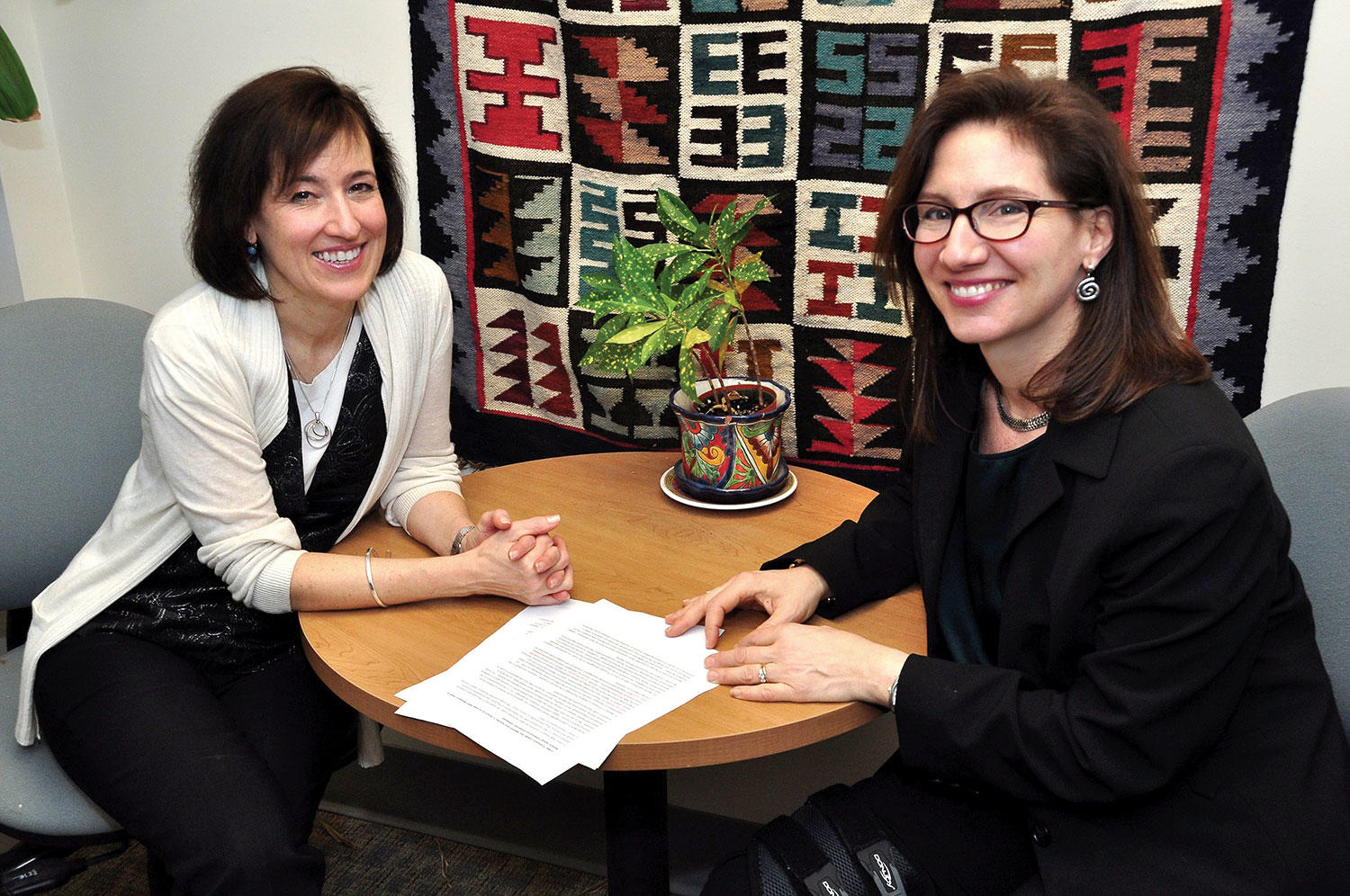Columbia, like many American colleges and universities, has recently taken aggressive steps to combat sexual violence and gender-based misconduct. But in drafting additional policies to prevent these problems, administrators have found a shortage of data about their underlying causes.
To address this, President Lee C. Bollinger recently announced the launch of a major two-year research effort called SHIFT — the Sexual Health Initiative to Foster Transformation — aimed at identifying the social factors that contribute to gender-based misconduct in the undergraduate community, and then translating the data into policy recommendations.
“It’s hard to know how to develop interventions if you don’t know what you’re intervening against,” says Claude Ann Mellins, a professor of medical psychology at Columbia University Medical Center. “Where are people socializing? How are they vulnerable? How are they not vulnerable? What is the role of alcohol? What are the cultural factors? What are the institutional factors?”
Mellins and Jennifer S. Hirsch, a professor of sociomedical sciences at the Mailman School of Public Health, are leading the study. They will work with faculty members from six Columbia schools to conduct the research, which will include an extensive written survey of Columbia undergraduates, as well as ethnographic research such as interviews with 120 students, in-depth follow-ups with a select group of those students, and “participant observation,” in which members of the research team will spend time with students as they go about their daily lives.
The use of ethnography is “critical to understanding the unspoken rules that govern daily interaction,” says Hirsch.
The SHIFT research team will consult regularly with three advisory boards, representing students, faculty, and administrators, who will provide feedback on the design and implementation of the project.
Mellins and Hirsch will also work closely with Suzanne Goldberg, the new executive vice president for university life, who is leading many of the initial steps that the University is taking regarding gender-based misconduct. Those have included enhanced mandatory training for staff and students, the opening of two additional rape-crisis centers, and the expansion of staffing and hours at the Offices of Sexual Violence Response and Gender-Based Misconduct.
Though SHIFT’s research will focus on the Columbia undergraduate community, and the policy recommendations will be tailored to meet Columbia’s needs, Hirsch and Mellins see the potential for a broader impact. This May, SHIFT and the Columbia Population Research Center brought together seven sexual-violence-prevention researchers from around the country to help map out the gaps in the science and push research forward in those areas.
“Our goal is specifically to help Columbia with its policy and programming, and at the same time to get the research out into scientific journals, where other universities can learn from it and then translate it into their own programs and policies,” says Mellins.



